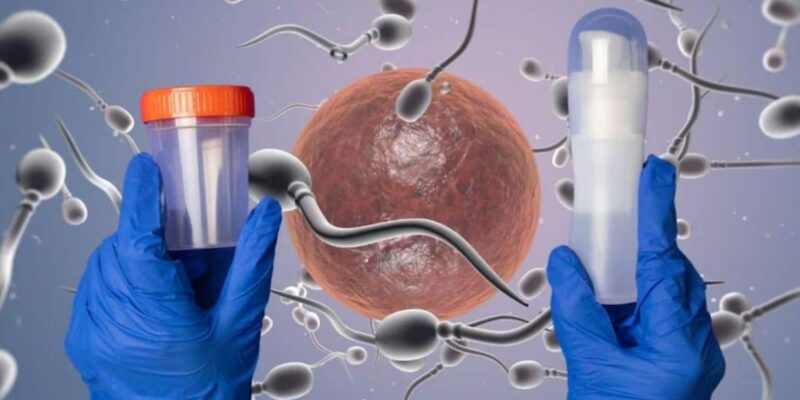Last Updated:July 03, 2025, 22:14 IST
IVF success rates vary depending on age, underlying fertility issues, and other factors
 Advancements in technology, such as embryo freezing and genetic testing, have further improved outcomes—making IVF a beacon of hope for many families.
Advancements in technology, such as embryo freezing and genetic testing, have further improved outcomes—making IVF a beacon of hope for many families.
What is In Vitro Fertilization (IVF)? In Vitro Fertilization (IVF) is one of the most well-known and effective assisted reproductive technologies used to help individuals and couples conceive when natural methods fail. The term “in vitro” means “in the lab,” and the process involves fertilizing an egg with sperm outside the body.
IVF is commonly recommended for conditions such as blocked fallopian tubes, male factor infertility, endometriosis, advanced maternal age, or unexplained infertility. It can also support single parents and same-sex couples who wish to have biological children.
Recommended Stories
Dr. Nymphaea Walecha, Director and Unit Head, Obstetrics & Gynaecology, Fortis Hospital, Shalimar Bagh, shares all you need to know:
How Does IVF Work?
The IVF journey begins with stimulating the ovaries using fertility medications to produce multiple eggs, rather than the single egg typically released each month. These medications are carefully monitored through blood tests and ultrasounds to assess the development of the follicles containing the eggs.
Once the eggs are mature, they are retrieved through a minor outpatient procedure under light sedation, using a thin needle guided by ultrasound. The retrieved eggs are then combined with sperm in the laboratory. Fertilization occurs either naturally in the petri dish or via intracytoplasmic sperm injection (ICSI), where a single sperm is injected directly into the egg.
Key Steps in the IVF Process
Ovarian Stimulation: Hormonal injections stimulate the ovaries to produce multiple eggs.
Egg Retrieval: Mature eggs are collected from the ovaries through a simple procedure.
Fertilization: Eggs are fertilized with sperm in the lab.
Embryo Culture: Fertilized eggs (embryos) are grown for a few days under observation.
Embryo Transfer: One or more healthy embryos are placed into the uterus.
Pregnancy Test: A blood test is done about two weeks after embryo transfer to confirm pregnancy.
IVF success rates vary depending on age, underlying fertility issues, and other factors. While emotionally and physically demanding, IVF has helped millions of people worldwide fulfill their dreams of parenthood.
Advancements in technology, such as embryo freezing and genetic testing, have further improved outcomes—making IVF a beacon of hope for many families.
About the Author

Swati Chaturvedi
Swati Chaturvedi, a seasoned media and journalism aficionado with over 10 years of expertise, is not just a storyteller; she’s a weaver of wit and wisdom in the digital landscape. As a key figure in News18 Engl…Read More
Swati Chaturvedi, a seasoned media and journalism aficionado with over 10 years of expertise, is not just a storyteller; she’s a weaver of wit and wisdom in the digital landscape. As a key figure in News18 Engl…
Read More
The News18 Lifestyle section brings you the latest on health, fashion, travel, food, and culture — with wellness tips, celebrity style, travel inspiration, and recipes. Also Download the News18 App to stay updated!
Location : First Published:




